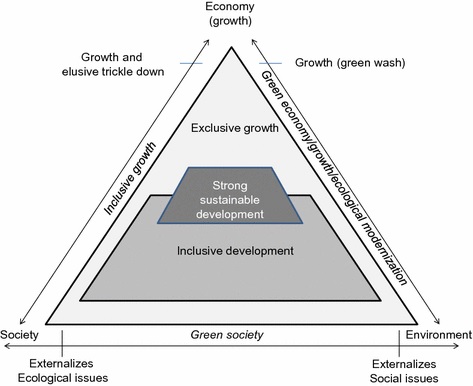900 319 0030
enquiry@shankarias.in
What is the issue?
With a lot of debate on India’s dependence on coal, the Government of India has for the first time made a commitment to achieve the net zero target by 2070.

Reference